A new report published in the journal JAMA Pediatrics has found that younger siblings of kids with autism, along with the autistic children themselves, are less likely to be up to date with their vaccines, compared to those without the developmental disorder. The research suggests that misconceptions surrounding the falsified connection between vaccines and autism could still be influencing parents’ decisions about childhood vaccines.
“In this large and comprehensive study, we found that after children received an autism diagnosis, the rates of vaccination were significantly lower when compared with children of the same age who did not have an autism diagnosis,” said lead author Dr. Ousseny Zerbo, postdoctoral fellow with the Kaiser Permanente Northern California Division of Research.
The study compared the vaccination status of over 3,700 autistic children compared with almost 500,000 children without autism. The study also included younger siblings to examine what proportion had received the recommended vaccines between the ages of four and six.
According to the Centers for Disease Control and Prevention’s (CDC) Advisory Committee on Immunization Practice, children under the age of six are recommended to be vaccinated against 10 different infectious diseases, including hepatitis B, poliovirus and varicella, with these vaccines requiring multiple doses. Overall, the researchers found a lower percentage of autistic children, and their siblings, had received these recommended vaccines within the scheduled period.
“There were large disparities in vaccination rates between children with and without autism spectrum disorders, as well as between their siblings, across all age groups and after adjusting for important confounding factors,” said senior author Dr. Nicola Klein, director of the Kaiser Permanente Vaccine Study Center.
RELATED: 25 Percent of US Population Could Lose Mumps Vaccine-Derived Immunity By 2026
Zerbo and colleagues found that 84 percent of children with autism had received all of their recommended vaccines by age seven, compared with 94 percent of non-autistic children. When looking specifically at the measles, mumps, rubella (MMR) vaccine – which fraudulent research published in 1998 suggested may be the cause of some cases of autism – 96 percent of children without autism had received the shot, compared with 82 percent of those with the developmental disorder.
Younger siblings of autistic individuals were also less likely to have received the CDC recommended vaccines than their counterparts with older, non-autistic brothers and sisters. While 85 percent of younger children without an autistic sibling had received the vaccines recommended within the first 11 months of life, this number drops to 73 percent of kids with an autistic sibling.
“Numerous scientific studies have reported no association between childhood vaccination and the incidence of autism spectrum disorders,” said co-author Dr. Frank DeStefano, Immunization Safety Office, Centers for Disease Control and Prevention. “Nonetheless, this new study suggests that many children with autism and their younger siblings are not being fully vaccinated.”
According to the researchers, these unvaccinated children are at a greater risk of contracting serious infectious diseases. Perhaps more educational resources should be provided to parents of newly-diagnosed autistic children to help them understand that while vaccination is not without its risks, developing or worsening autism isn’t one of them.
“We need to better understand how to improve vaccination levels in children with autism spectrum disorder and their siblings, so they can be fully protected against vaccine-preventable diseases,” said DeStefano.

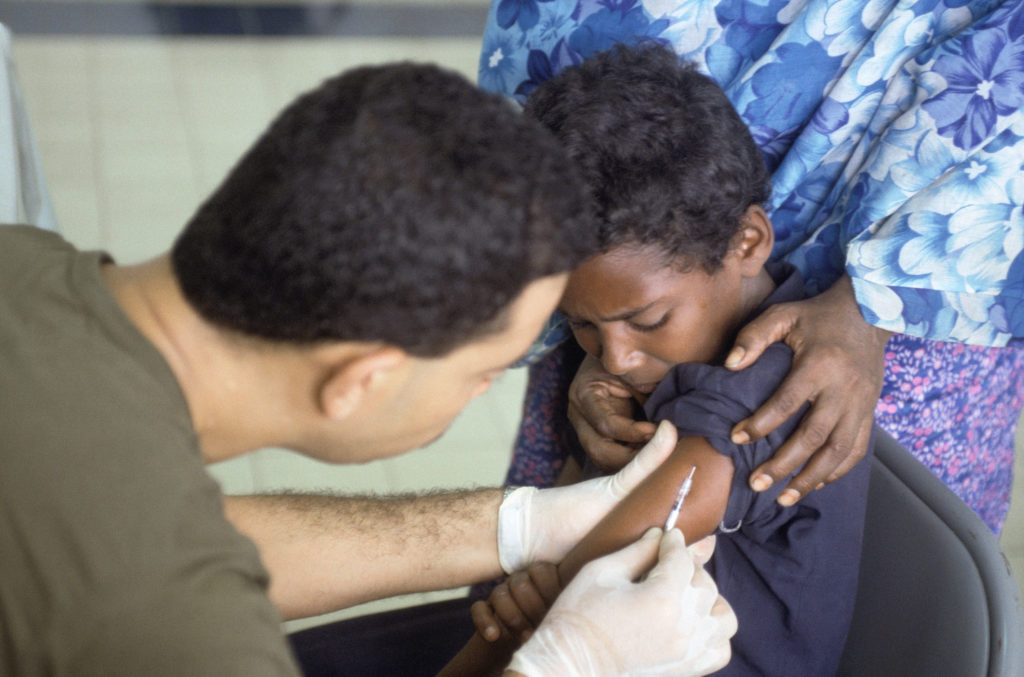
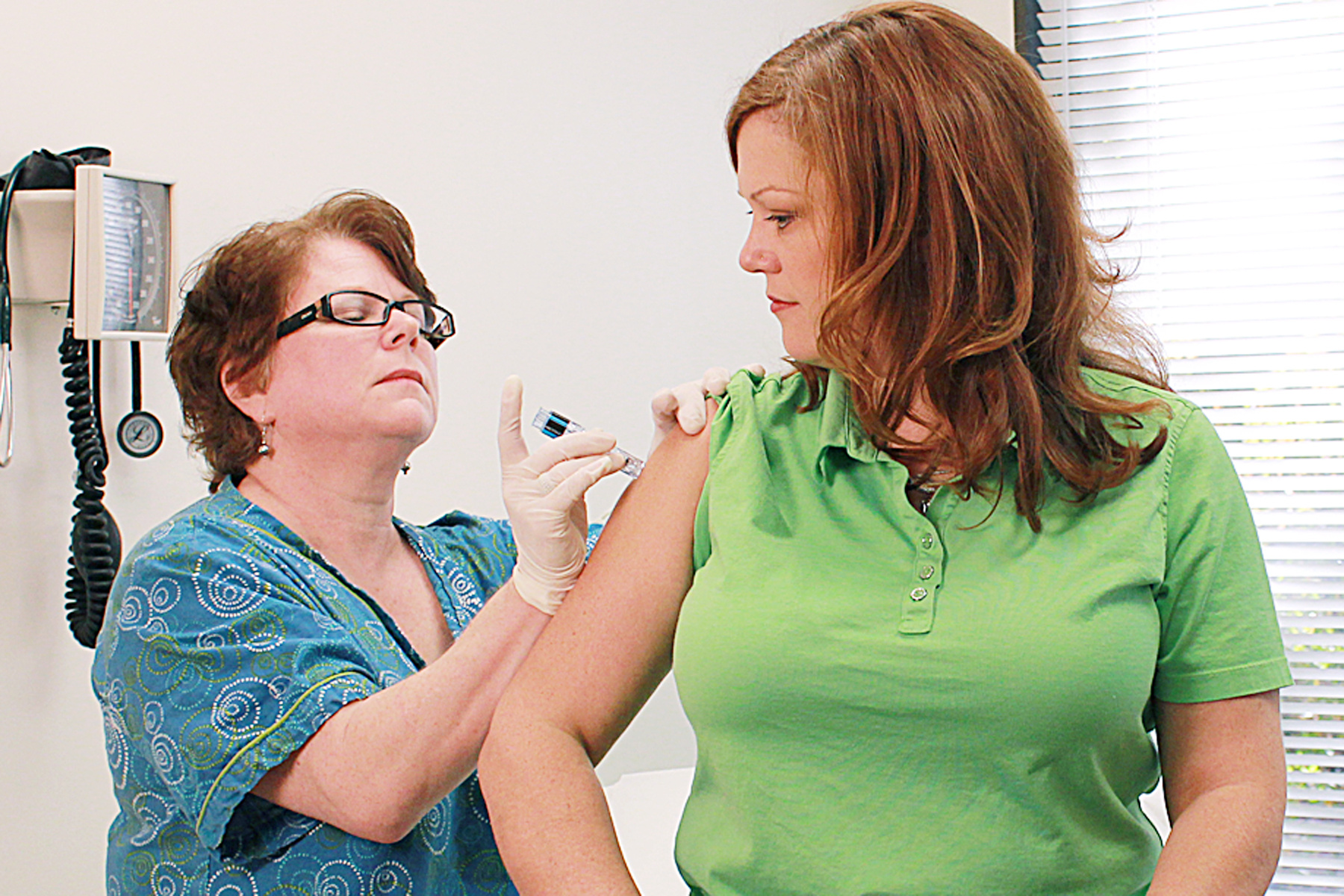
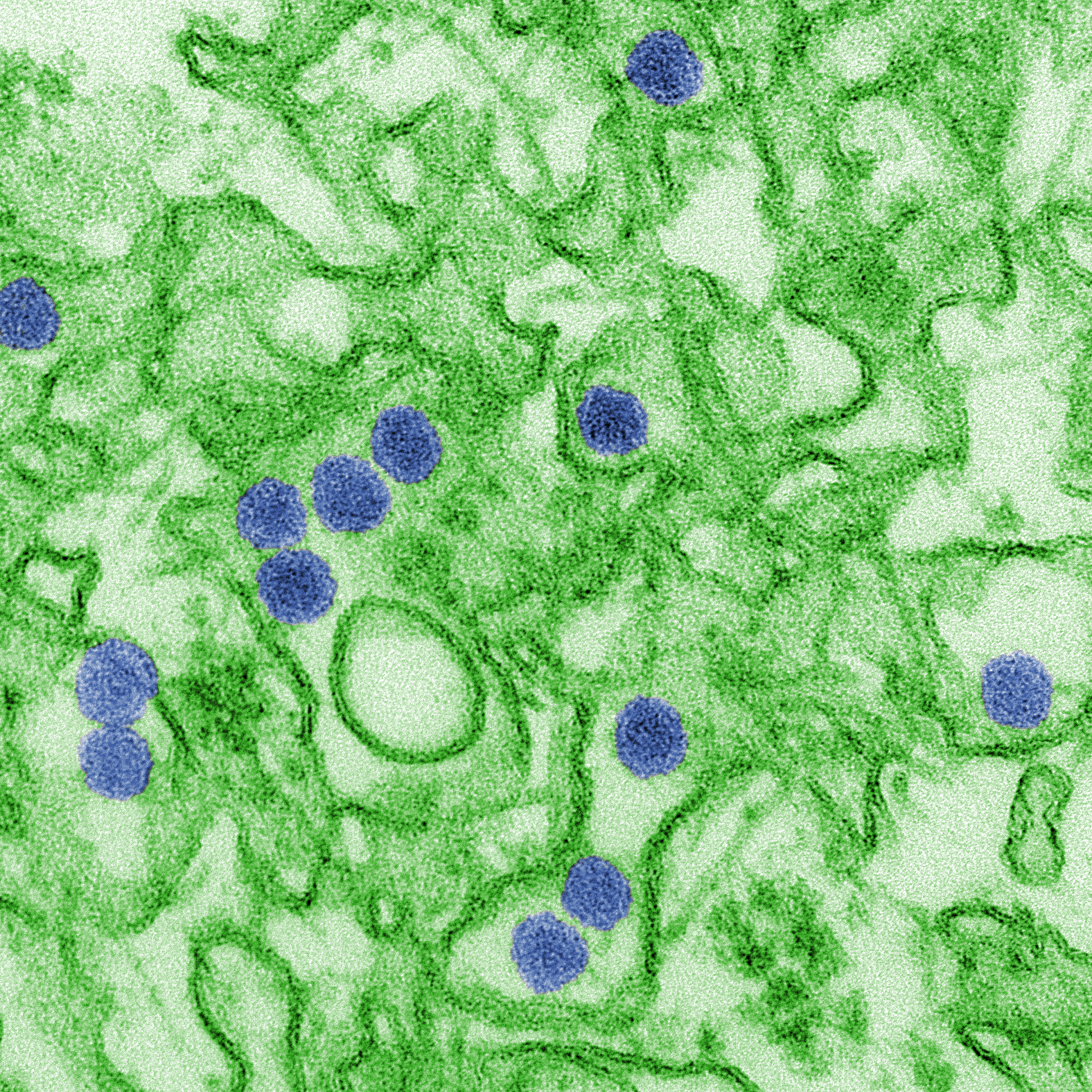

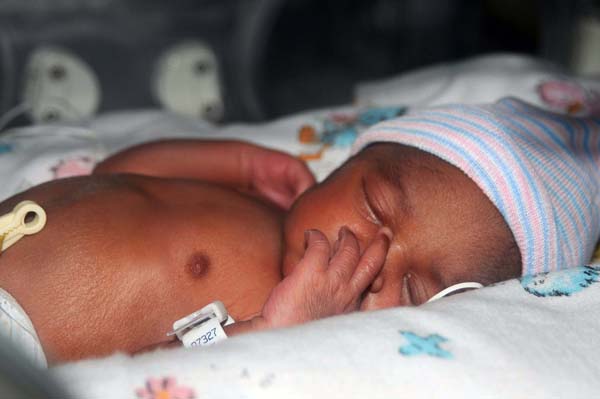
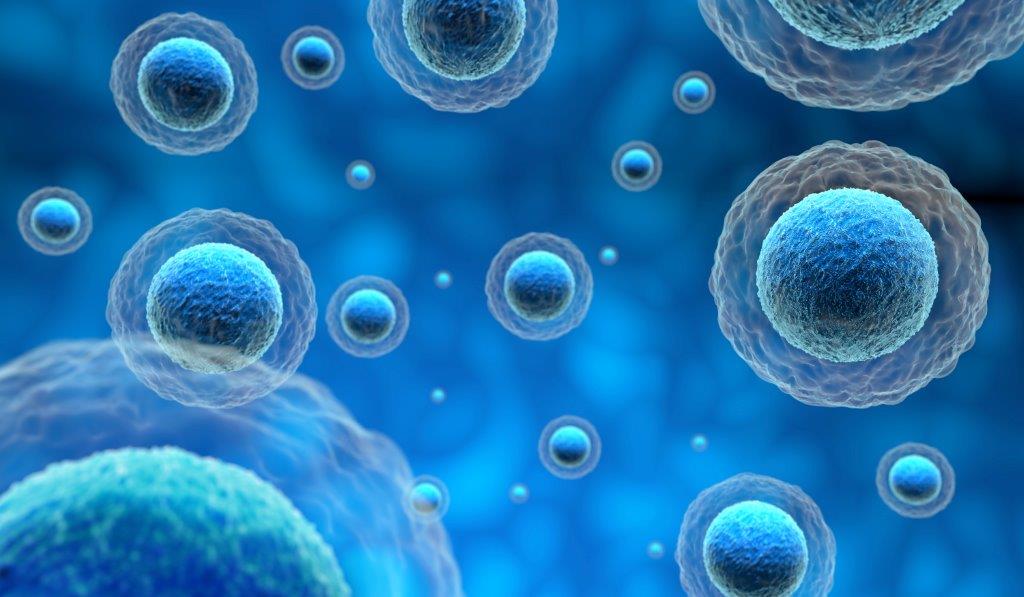



Join or login to leave a comment
JOIN LOGIN